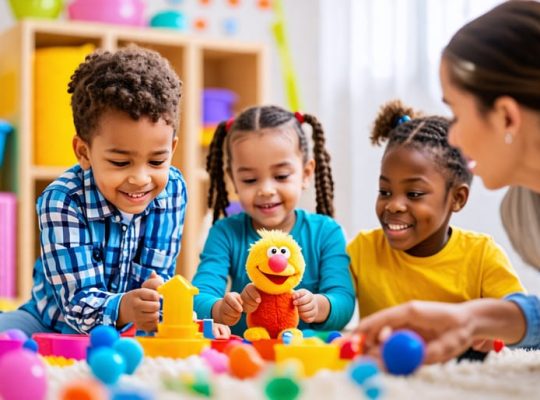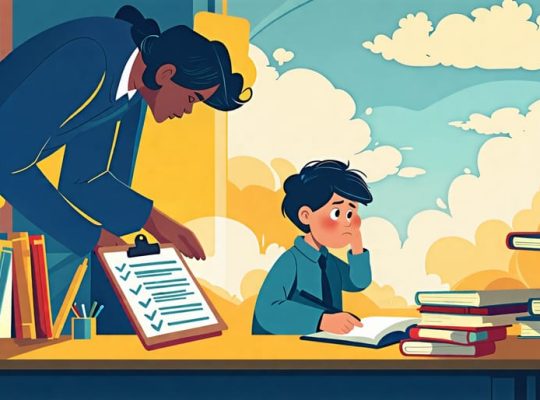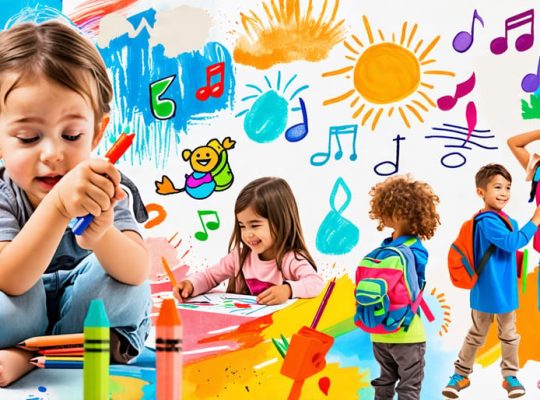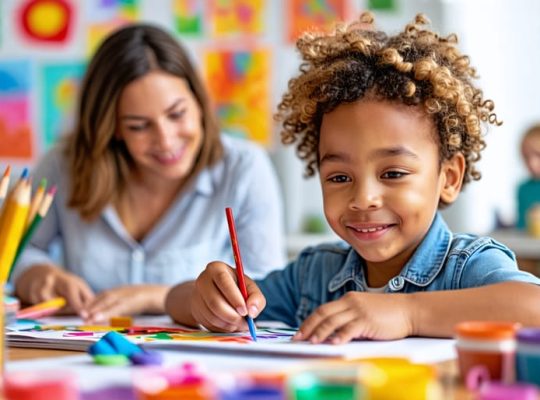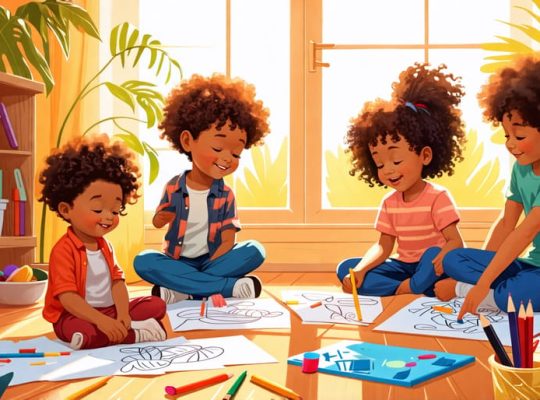7 Proven Strategies to Protect Your Child from Substance Abuse
Educate your child about the risks of substance abuse through open, honest conversations. Explain how drugs and alcohol can negatively impact their health, relationships, and future opportunities. Use age-appropriate language and real-life examples to make the information relatable and memorable.
Model responsible behavior by avoiding excessive drinking, never driving under the influence, and refraining from drug use. Children learn by observing their parents’ actions, so consistently demonstrate the healthy habits you want them to adopt. Discuss your own experiences and the lessons you’ve…




